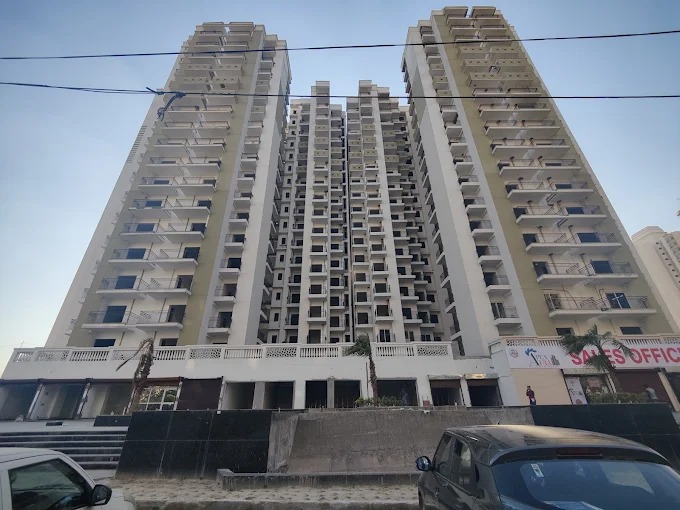Will the price of buying a property go down starting today, the first day of Navratri 2025, when the GST rate changes go into effect?
By Bricksnwall | 2025-09-22

Experts predict that if developers and cement companies pass on the savings from GST cuts, they might slash the cost of building and buying a home starting 22 September.
The GST Council's choice to slash taxes on
important building materials like cement, granite, and marble is likely to
lessen the cost of projects for builders and help homeowners a little bit.
Under GST 2.0, cement and ready-mix concrete will be taxed at 18% (down from
28%), bricks, tiles, and sand will be taxed at 5% (down from 18%), and paints
and varnishes will be taxed at 18% (down from 28%).
The changes will take effect on Monday, September
22, which is the first day of Navaratri. Prime Minister Narendra Modi called it
a "GST bachat utsav" in his speech to the country on September 21.
The new tax system has two basic levels. Most products and services are taxed at 5% or 18%, but ultra-luxury commodities are taxed at 40%. Before, GST was charged in four different amounts: 5%, 12%, 18%, and 28%. There was also a compensatory cess on luxury and sin items.
GST 2.0 wants to lower the GST on cement and
ready-mix concrete from 28% to 18%, on bricks, tiles, and sand from 18% to 5%,
and on paints and varnishes from 28% to 18%. Real estate specialists estimate
that a drop in the price of important building materials like cement should
lower the cost of building in the country by 3–5%.
Effect on Buyers and Builders
The GST on important building materials like cement is going down from 28% to 18%. This should lower construction costs by 3% to 5%, which might mean that buyers pay 1% to 1.5% less for homes. Real estate analysts think this will probably make it easier for people to buy homes, especially in the inexpensive and mid-range property markets.
They argued that developers would save a lot of
money because the GST on important building supplies would be lower.
G Hari Babu, the national president of NAREDCO,
claimed that the GST changes will be very good for the real estate industry. It
is thought that the cost of building will go down by about 1000 per square
metre. This benefit can be passed directly on to clients, which makes houses
and businesses more affordable. This kind of action will boost customer trust
and provide the industry the boost it needs.
It is a very good and forward-thinking move by the government to lower the GST on cement. He said, "We hope that the cement industry will also pass these benefits on to the real estate sector so that the ultimate benefit reaches customers in the form of lower housing costs."
Babu stated that if the cement industry doesn't pass on the benefit, the real estate sector should think about getting legal advice and, if necessary, asking the government to step in. However, if the cement industry passes on the gain, it will lower project costs immediately, allowing developers to offer lower prices. He claimed that this will assist provide clients better value, make things more affordable, and help the whole real estate sector flourish in a good way.
Source: Hindustan Times







